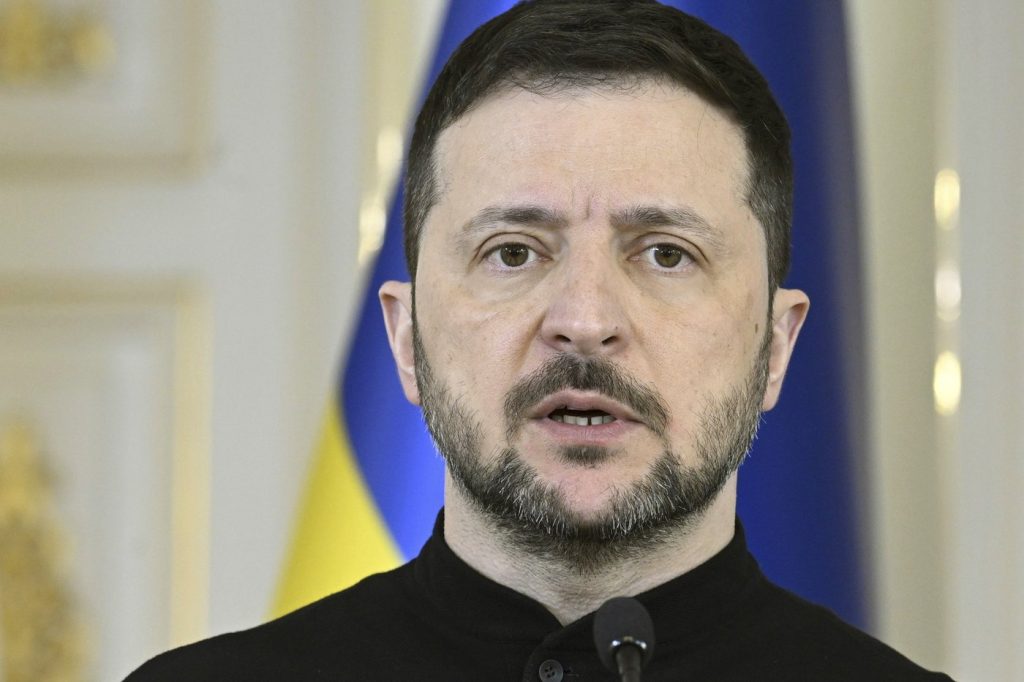On Thursday, senior military officers from various European nations and beyond convened at a military headquarters near London to discuss the implementation of an international peacekeeping force for Ukraine. This meeting follows ongoing negotiations aiming to establish a partial ceasefire amid the protracted conflict between Ukraine and Russia.
U.K. Prime Minister Keir Starmer announced that the so-called "coalition of the willing," led by the U.K. and France, is transitioning into an "operational phase." The number of countries prepared to contribute troops remains uncertain, raising questions about the existence of a ceasefire to protect.
On Wednesday, Ukraine and Russia reached an agreement in principle for a limited ceasefire after discussions involving President Donald Trump and the leaders of both nations. However, the timeline for the ceasefire's implementation and the specific targets that would be safe from attack have yet to be clarified. The limited nature of the ceasefire was particularly highlighted when Russian President Vladimir Putin declined Trump’s request for a comprehensive 30-day ceasefire. This scenario illustrates the ongoing challenges that Trump faces in his promise to swiftly end the conflict.
Despite ongoing negotiations, both Ukraine and Russia engaged in extensive drone attacks overnight, resulting in several injuries and property damage. Ukrainian sources reported that Russia had launched 171 long-range drones, of which 75 were intercepted, while another 63 decoy drones reportedly went off radar due to jamming. Conversely, Russia claimed to have detected and destroyed 132 Ukrainian drones in multiple regions, including Crimea.
The potential size of any peacekeeping force remains ambiguous, with estimates ranging between 10,000 to 30,000 troops. Currently, only the U.K. and France have committed to sending troops to the operation, although countries such as Australia, Canada, Finland, and others have expressed openness to participating in various capacities.
A video conference last Saturday included approximately 30 leaders, among whom were French President Emmanuel Macron, Ukrainian President Volodymyr Zelenskyy, and Italian Prime Minister Giorgia Meloni. Notably, representatives from NATO and the European Union were also present.
On the geopolitical front, Russia has firmly stated its opposition to any NATO troops being stationed on Ukrainian territory. Furthermore, there has been no indication from the Trump administration that the U.S. would serve as a "backstop" and provide reserve firepower in the event of a truce violation. Starmer has emphasized that the success of the coalition's plan hinges significantly on U.S. support.
As discussions continue and the complex web of international relations unfolds, the situation remains fluid, and the international community watches closely for developments related to Ukraine's quest for peace.










